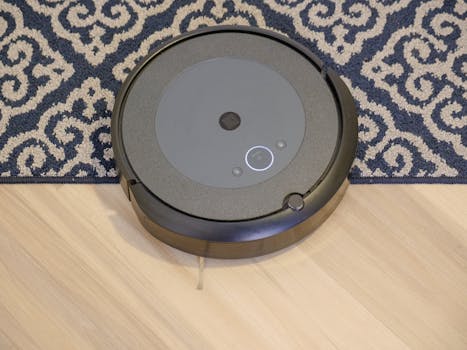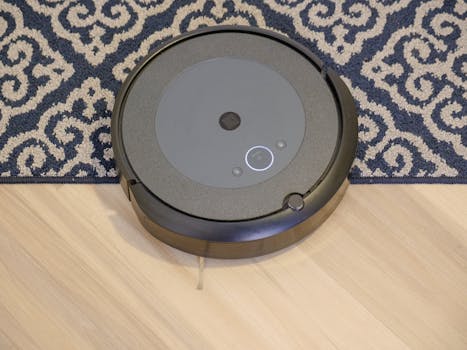
Smart Homes and Smart Living: The Technological Transformation of European Homes by 2025
Smart Homes and Smart Living are revolutionizing the way Europeans live, and this transformation is expected to reach new heights by 2025. With the integration of smart technology, homes are becoming more efficient, convenient, and sustainable. In this article, we will explore the current state of smart homes in Europe, the latest technological advancements, and what the future holds for smart living.
Introduction to Smart Homes
A smart home is a residence that has been equipped with advanced technology to make living more comfortable, convenient, and energy-efficient. Smart homes use a combination of sensors, automation, and artificial intelligence to control and monitor various aspects of the home, such as lighting, temperature, security, and entertainment. The idea of smart homes has been around for several decades, but recent advancements in technology have made it more accessible and affordable for the average consumer.
Current State of Smart Homes in Europe
According to a recent report, the European smart home market is expected to grow significantly by 2025, with an estimated value of over $20 billion. The report also states that the adoption of smart home technology is highest in the UK, Germany, and France, with over 50% of households in these countries having at least one smart device. The most popular smart devices in European homes are smart speakers, thermostats, and security cameras.
Technological Advancements in Smart Homes
There have been several technological advancements in smart homes in recent years, including the development of more efficient sensors, improved automation systems, and the integration of artificial intelligence. Some of the latest innovations in smart homes include:
- Voice Control: Smart speakers like Amazon Alexa and Google Home have made it possible to control various aspects of the home with just voice commands.
- Artificial Intelligence: AI-powered systems can learn the habits and preferences of the occupants and adjust the home’s settings accordingly.
- IoT Devices: The Internet of Things (IoT) has enabled the connection of various devices and appliances to the internet, making it possible to monitor and control them remotely.
- Energy Harvesting: New technologies like energy-harvesting windows and solar panels are making it possible to generate energy and power smart homes sustainably.
Benefits of Smart Homes
Smart homes offer several benefits, including:
- Energy Efficiency: Smart homes can optimize energy consumption and reduce waste, leading to lower energy bills and a reduced carbon footprint.
- Convenience: Smart homes can automate various tasks, making it easier to manage the home and free up time for other activities.
- Security: Smart homes can enhance security with advanced surveillance systems and alerts, providing peace of mind for occupants.
- Comfort: Smart homes can optimize temperature, lighting, and entertainment, creating a more comfortable living environment.
Challenges and Limitations
While smart homes offer several benefits, there are also some challenges and limitations to consider, including:
- Cost: Smart home devices and systems can be expensive, making them inaccessible to some consumers.
- Complexity: Smart homes can be complex to set up and manage, requiring technical expertise and support.
- Security Risks: Smart homes can be vulnerable to cyber threats and data breaches, compromising the security and privacy of occupants.
- Interoperability: Smart home devices and systems from different manufacturers may not be compatible, limiting their functionality and usefulness.
Future of Smart Homes in Europe
By 2025, smart homes in Europe are expected to become even more advanced and integrated, with a focus on sustainability, energy efficiency, and convenience. Some of the trends and innovations that are expected to shape the future of smart homes include:
- Increased Adoption of Voice Control: Voice control is expected to become more prevalent, with more devices and systems integrating voice assistants.
- More Emphasis on Energy Efficiency: Smart homes will prioritize energy efficiency, with a focus on renewable energy sources and sustainable living.
- Integration of Artificial Intelligence: AI will play a bigger role in smart homes, enabling more personalized and automated experiences.
- Growing Importance of Cybersecurity: As smart homes become more connected, cybersecurity will become a major concern, with a focus on protecting devices and data from threats.





